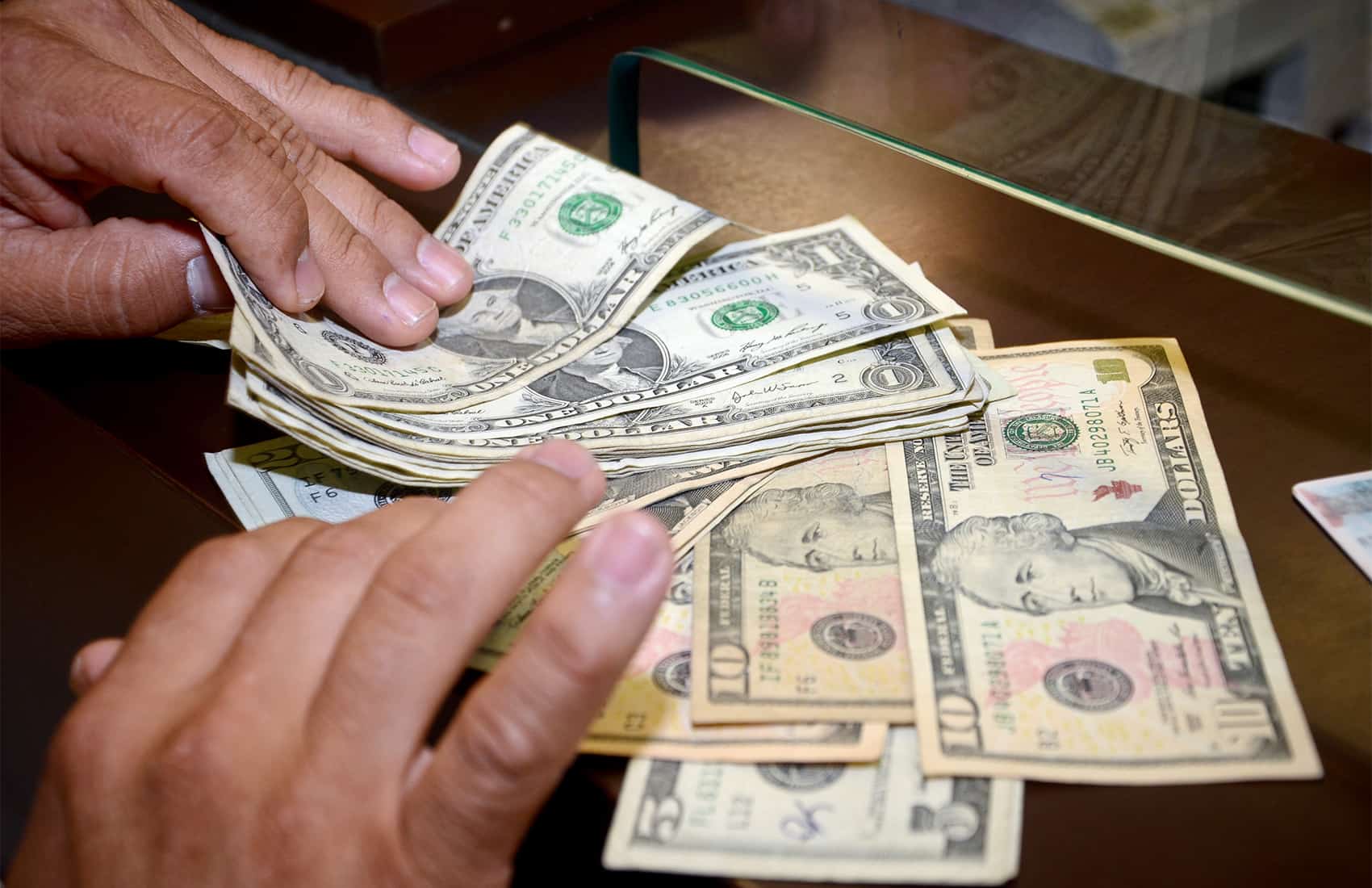Costa Rica’s Security Minister, Mario Zamora, has put the country’s immigration system on high alert due to the potential arrival of foreigners expelled from El Salvador who are involved in loansharking (“gota a gota” loans).
This activity also known as “drop by drop” loans and loansharking, are a type of informal and often illegal lending scheme.
The group, composed of Colombians, was given 72 hours to leave El Salvador, according to authorities from said Central American country.
Gustavo Villatoro, El Salvador’s Minister of Justice and Security explained that over 400 Colombians who reside in that nation are involved in money laundering for international drug trafficking cartels.
Considering the situation, Minister Zamora asked border patrol officers and migration authorities to remain vigilant.
“We are alerting our immigration system, mainly in Peñas Blancas and Tablillas (northern border), as well as air travel. We have received intelligence that a group involved in ‘Gota a Gota’ loans, who have been given a limited number of hours to leave El Salvador, could be transitioning to Costa Rica,” he noted.
Gota a gota loans, or “drop by drop” loans, are a type of illegal and unregulated lending practice. They are predatory loans that charge exorbitantly high interest rates and use coercive collection tactics, often targeting the vulnerable.
The primary objective of this alert is to create a preventive barrier against the entry of these individuals. “The alert protocol commenced today. Costa Rica must safeguard itself from the risks associated with these individuals entering the country,” Zamora said.
El Salvador’s Situation
In El Salvador, authorities have arrested about 110 people who have been accused of being part of a money laundering network that defrauded thousands of citizens. Those arrested, including former military personnel and police officers.
Salvadoran officials mentioned that these people entered the country as tourists and offered credits without being registered with the Superintendent of the Financial System.
The group offered credits with a 20% interest, and individuals who fell into arrears were threatened or had their identities “usurped” to manage bank accounts or debit cards through which money was sent abroad.
Based on several reports, El Salvador’s authorities shared that these operations have sent over $20 million to Colombia.






